Topic: Health & Wellness
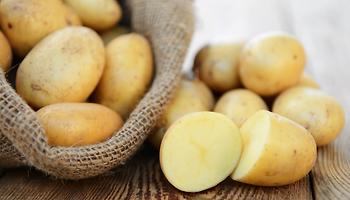
Valuable Nutrition Facts About White Potatoes
If you ask five different people whether or not potatoes are healthy, you’re likely to get five different opinions. As with many controversies, especially in the realm of nutrition and health, the answer lies somewhere in between, and it also depends in part on the type of potato being consumed. One type that is surprisingly nutrient dense but isn’t quite as popular as other varieties is the white potato.
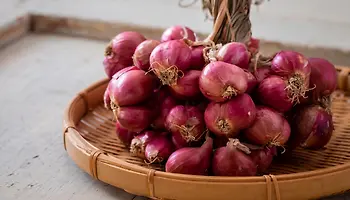
Everything You Ever Wanted to Know About Shallots
Though once a rarity in the United States, the shallot has become more popular in the last few decades in both home kitchens and commercial food settings. Both fresh and dried shallots are a welcome addition to salad dressings, soups, stews, and ready meals, yet they are also surprisingly packed with nutritional value that provides many different health benefits.
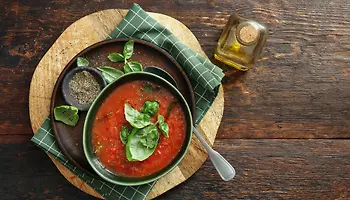
What Are the Health Benefits of Tomato Soup?
A hot bowl of tomato seems perfect during the cold winter or damp spring months, but did you know that tomato soup also has a ton of nutritional value? Here, learn about the many health benefits of tomatoes.
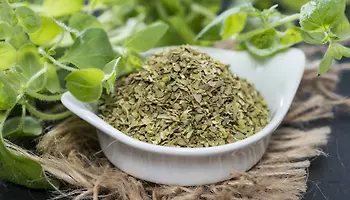
Oregano: Flavorful and Healthy
Oregano is a versatile herb that brings an aromatic warmth to any dish it is added to. But beyond the interesting flavor profile of oregano, it also contains a variety of nutrients that are known to provide numerous health benefits.

Beyond the Juice: Benefits of Lemon Peel
Lemons are useful in countless culinary and household applications, but their value doesn’t stop at the juice. Lemon peel is a surprisingly nutrient-dense ingredient that can be added to many different kinds of food. Here, more about lemon peel and its many health benefits.

Hidden Veggies: Different Ways to Get Your Daily Intake
Who among us doesn’t have a childhood memory of sitting at the dinner table with a plateful of broccoli or spinach in front of us and being admonished: eat your vegetables! The good news is that it’s never been easier to incorporate veggies into your daily diet without forcing yourself to eat something you hate.

Parsley: More Than Just a Garnish
If you think of parsley as just a useless garnish, you’re probably not alone. The truth is, though, that parsley has a unique and cherished flavor while also being full of nutrients. Learn more about the nutritional value and health benefits of parsley.
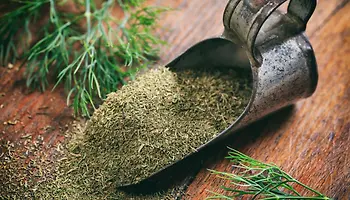
What Are the Health Benefits of Dill Weed?
If you ask the average American what dill weed is used for, they’re likely to say pickles. But dill is much more than just an additive for pickle brine or a garnish on cold soups. What may also be surprising to many people is that dill contains nutrients that offer a number of health benefits.
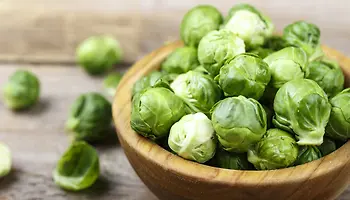
Eating Healthier With Brussels Sprouts
Compared to some other vegetables, Brussels sprouts are known to have a somewhat controversial reputation. But whether the idea of eating them is appealing or revolting to you, what can’t be denied is that Brussels sprouts are loaded with valuable nutrients.

Snacking Trends in America Post-Pandemic
In more ways than can perhaps be counted, the COVID-19 pandemic has prompted Americans to change the ways they operate on a day-to-day basis. Some of the biggest trends and changes in the realm of how and what we eat are related to snack foods.